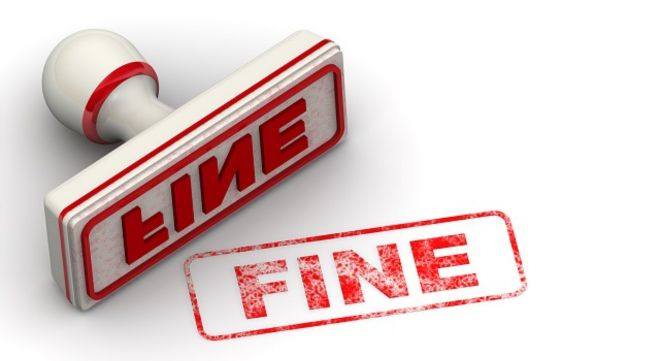Individual registered auditors who are found guilty of improper conduct may be fined up to R10 million per charge, in terms of a notice published by National Treasury.
On 6 June, Minister of Finance Enoch Godongwana gazetted the new maximum fines that can imposed on audit firms and individual auditors in terms of the Auditing Profession Act.
Notice 4933 also withdraws the Notice that Godongwana gazetted on 15 June last year in which he published the new maximum fines. But last year’s Notice mistakenly omitted the words “per charge” in two provisions. The minister had to re-submit a revised Notice for public comment.
The Notice published this month includes the words “per charge” for all sanctions.
The maximum fines that may be imposed on auditors and auditing firms are:
- R5m per charge on an individual registered auditor who admits guilt as contemplated in section 49(4)(a) of the Auditing Profession Act.
- R15m per charge on a firm of auditors that admits guilt as contemplated in section 49(4)(a) of the Act.
- R10m per charge on an individual registered auditor who is charged and found guilty or if the registered auditor admits guilt to the charge.
- R25m per charge on a firm of auditors that is charged and found guilty or if the firm admits guilt to the charge.
The higher maximums – R10m and R25m – apply where an auditor or an audit firm has appeared before the Disciplinary Committee, while the lower capped amounts apply if the auditor or firm admits guilt based on the findings of an investigation (Enforcement Committee).
The new maximum fines apply to improper conduct committed from 6 June 2024.
Before Godongwana published the new maximums, the Independent Regulatory Board for Auditors (IRBA) could impose a maximum fine of R200 000 per charge of misconduct, whether for an individual auditor or an audit firm.
When the new maximum fines were announced last year, some commentators said the extent of the liability risk would discourage people from entering the auditing profession. They also said the fines may make it difficult for new audit firms to enter the market because of the high cost of professional indemnity insurance.
In a statement, National Treasury said IRBA will apply proportionality and scalability when determining fines for improper conduct, as it has always done. The maximum amounts are reserved for the most serious charges of improper conduct.
There are varying degrees of improper conduct and not every matter is sanctioned by way of a maximum fine. IRBA also has non-monetary sanctions at its disposal for improper conduct, Treasury said.
IRBA will in due course issue a framework aimed at achieving the consistent imposition of fines in a proportional and scalable manner. The framework will be published for comment before its adoption and implementation.
Which sanctions apply when
Different sanction periods apply because of the issue and withdrawal of the initial Notice, as well as the coming into effect of the Auditing Profession Amendment Act on 26 April 2021.
National Treasury explained the sanction periods as follows:
- If an auditor was charged before 26 April 2021 but the matter was not finalised before that date, the charges must be dealt with as if the Auditing Profession Act was not amended by the Auditing Profession Amendment Act, and the monetary sanctions are regulated by the Adjustment of Fines Act.
- If the improper conduct occurred before 26 April 2021, but the auditor was not charged before that date, the monetary sanction is regulated by the Adjustment of Fines Act.
- If the improper conduct occurred after 26 April 2021 but before 15 June 2023, the monetary sanction is regulated by the Adjustment of Fines Act.
- If the improper conduct occurred on or after 15 June 2023 (regardless of when the auditor is charged) but before 6 June 2024, the monetary sanctions in Government Notice 3549 of 15 June 2023 apply.
- If the improper conduct occurred on or after 6 June 2024, the monetary sanctions in Government Notice 4933 of 6 June 2024 apply.



